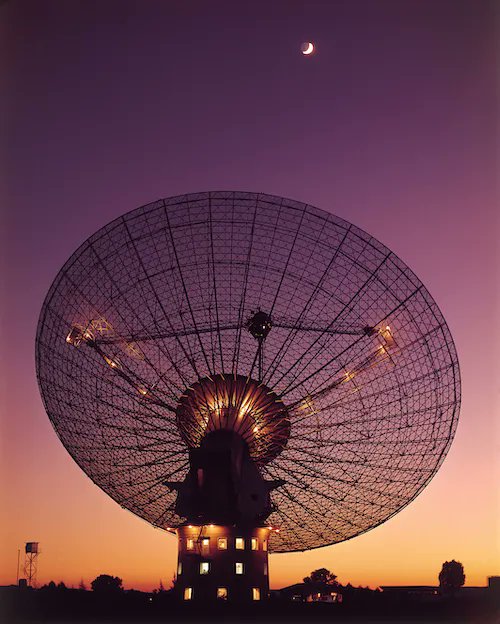In a recent paper submitted in November 2022, a scientist at the Swiss Federal Institute of Technology Lausanne quantifies how the Earth has not heard a radio signal from an extraterrestrial technological civilization over the course of approximately the last 60 years, which is when the Search for Extraterrestrial Intelligence (SETI) began listening for such signals. They also quantify the potential likelihood pertaining to when we might hear a signal, along with recommending potential strategies that could aid in the ongoing search for detecting a signal from an extraterrestrial technological civilization. “One interesting result of this study is that it bridges the gap between two popular but opposing views,” Dr.
Claudio Grimaldi, who is a guest scientist in the Laboratory of Statistical Biophysics at the Swiss Federal Institute of Technology Lausanne, and sole author of the study, recently told Universe Today . “One insists that technoemissions pervade our galaxy and that, persevering in the search, we will eventually find them, while the other argues that extraterrestrial technological life is so rare that can be considered practically nonexistent. “Personally, if I had to choose, I would prefer the first option to the second.
However, there could be a third, less extreme possibility that should be considered if we want to get a more complete picture. That is, since we began searching only about 60 years ago without success, then it is possible that Earth has not been illuminated by technosignals since then, even though other regions of the galaxy may have been. In other words, it could be that for at least 60 years the Earth has been inside a sort of ‘silent bubble’.
” Remove All Ads on Universe Today Join our Patreon for as little as $3! Get the ad-free experience for life Dr. Grimaldi’s results provide statistical assessments on when a radio signal might pass by the Earth, which he refers to as a “crossing event”, noting a 95% probability the next crossing event will not occur longer than 100,000 years, 50% probability of a crossing event occurring between no less than 60 to 1,800 years, and 20% probability of a crossing event occurring no sooner than 240 years. “In the ‘silent bubble’ scenario, the waiting time of no less than 60 years is very optimistic,” Dr.
Grimaldi recently told Universe Today . “Moreover, even after this time span, the fact that the Earth may be illuminated by technological signals is a necessary but not sufficient condition for their detection since they may be missed by our telescopes. Thus, even in the optimistic 60-year time window for a crossing event, the waiting time until detection could be much longer.
” Given the study’s results provide a wide range of probabilities for detecting a technosignature in the future, and since the study focuses solely on technosignature searches conducted by SETI, what steps can be taken if we were to “rethink current search strategies”, as noted in the paper, regarding how SETI conducts its searches? “If it is true that it could be several years, if not centuries, before a technosignal is potentially detectable, then it may be better to focus on commensal SETI investigations, i. e. , searching for technosignals from data collected by telescopes performing other observational activities, rather than investing resources and telescope time in active SETI searches,” Dr.
Grimaldi recently told Universe Today . For now, the closest we’ve come to detecting a technosignature from an extraterrestrial technological civilization still remains the famous Wow! Signal , which was a very loud, but very quick, radio signal detected by the Big Ear radio telescope at Ohio State University in 1977. Until we detect something similar, or maybe better, we continue to listen to the heavens with patient ears, hoping someone else is out there waiting to be heard.
“I like to think that we are not alone, in the sense that other life forms, not necessarily advanced, could populate the universe,” Dr. Grimaldi recently told Universe Today . “Complex or even technological life may be much rarer than was thought decades ago, but its existence is not precluded by the physical laws we know.
To the question of whether we will ever be able to detect them, I have no answer. ” As always, keep doing science & keep looking up!.
From: universetoday
URL: https://www.universetoday.com/159830/does-failing-to-detect-aliens-mean-well-never-be-contacted/



